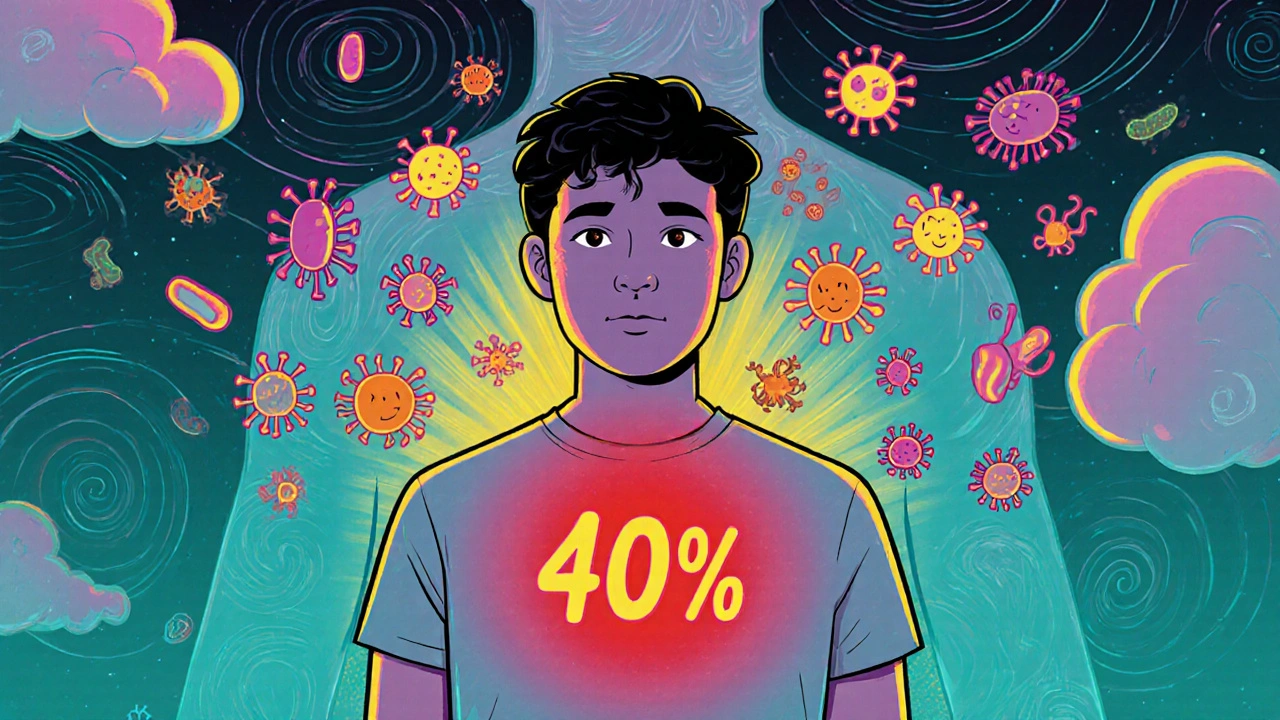Lupus and Infections: How Infections Trigger Flares and What You Can Do
Explore why infections trigger lupus flares, common culprits, prevention tips, and how to manage infections safely for people living with lupus.
When your body attacks itself, things get messy. Lupus, a chronic autoimmune disease where the immune system mistakenly targets healthy tissue. Also known as systemic lupus erythematosus, it can affect your skin, joints, kidneys, heart, and even your brain. Flares—when symptoms suddenly get worse—are unpredictable, but not random. Knowing what triggers them gives you real control.
One of the biggest culprits? Sunlight, UV exposure that directly activates immune cells in the skin. Even a short walk on a cloudy day can spark a rash or joint pain in people with lupus. Then there’s stress, emotional or physical strain that throws your immune system out of balance. A tough work week, a family crisis, or even lack of sleep can push you into a flare. Infections—like the flu or a simple cold—are another major trigger. Your body’s fight against the virus can accidentally turn up the heat on your autoimmune response.
Some triggers are easy to miss. Certain medications, including some blood pressure pills and antibiotics, can induce drug-induced lupus. Hormonal shifts, especially in women during menstruation or pregnancy, also play a role. And while diet isn’t a direct cause, processed foods, high sugar, and too much salt can worsen inflammation, making flares longer and harder to manage. You don’t need to be perfect, but tracking what you eat, how much you sleep, and how much sun you get helps spot patterns.
People with lupus aren’t just managing symptoms—they’re managing a system that’s always on edge. That’s why the posts below cover real, practical tools: how hydroxychloroquine helps calm the immune system, why avoiding certain NSAIDs matters, and how to tell if a new symptom is just fatigue or the start of a flare. You’ll find comparisons of medications like azathioprine and deflazacort that are used to keep flares in check, and tips on traveling with lupus—because life doesn’t stop when you have a chronic illness. These aren’t theory pieces. They’re what people with lupus actually use to stay out of the hospital and keep living.
There’s no magic bullet, but there are real steps you can take. The goal isn’t to eliminate every risk—it’s to cut the big ones. Know your triggers. Track your body. And don’t let fear stop you from living. The right tools are here.

Explore why infections trigger lupus flares, common culprits, prevention tips, and how to manage infections safely for people living with lupus.